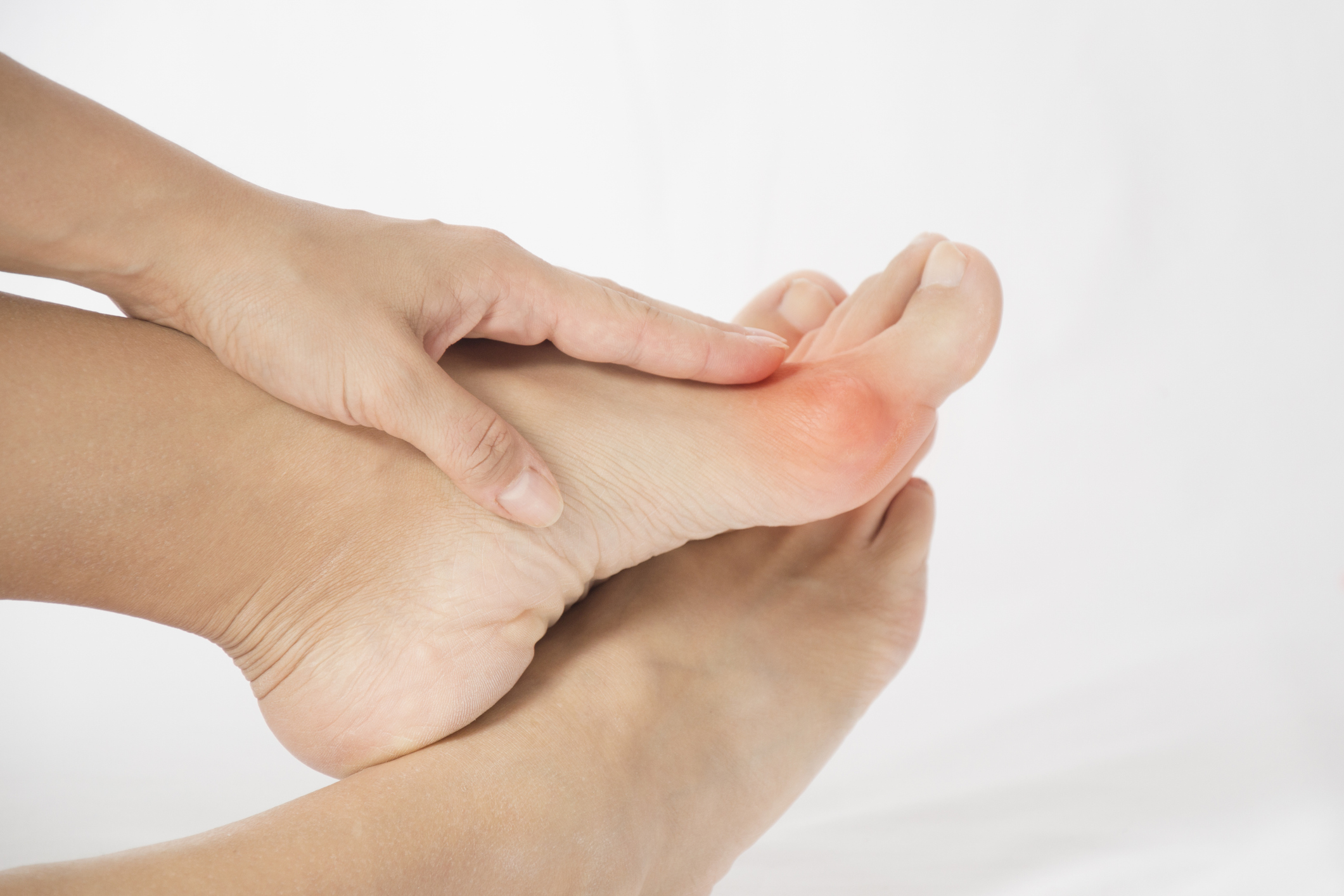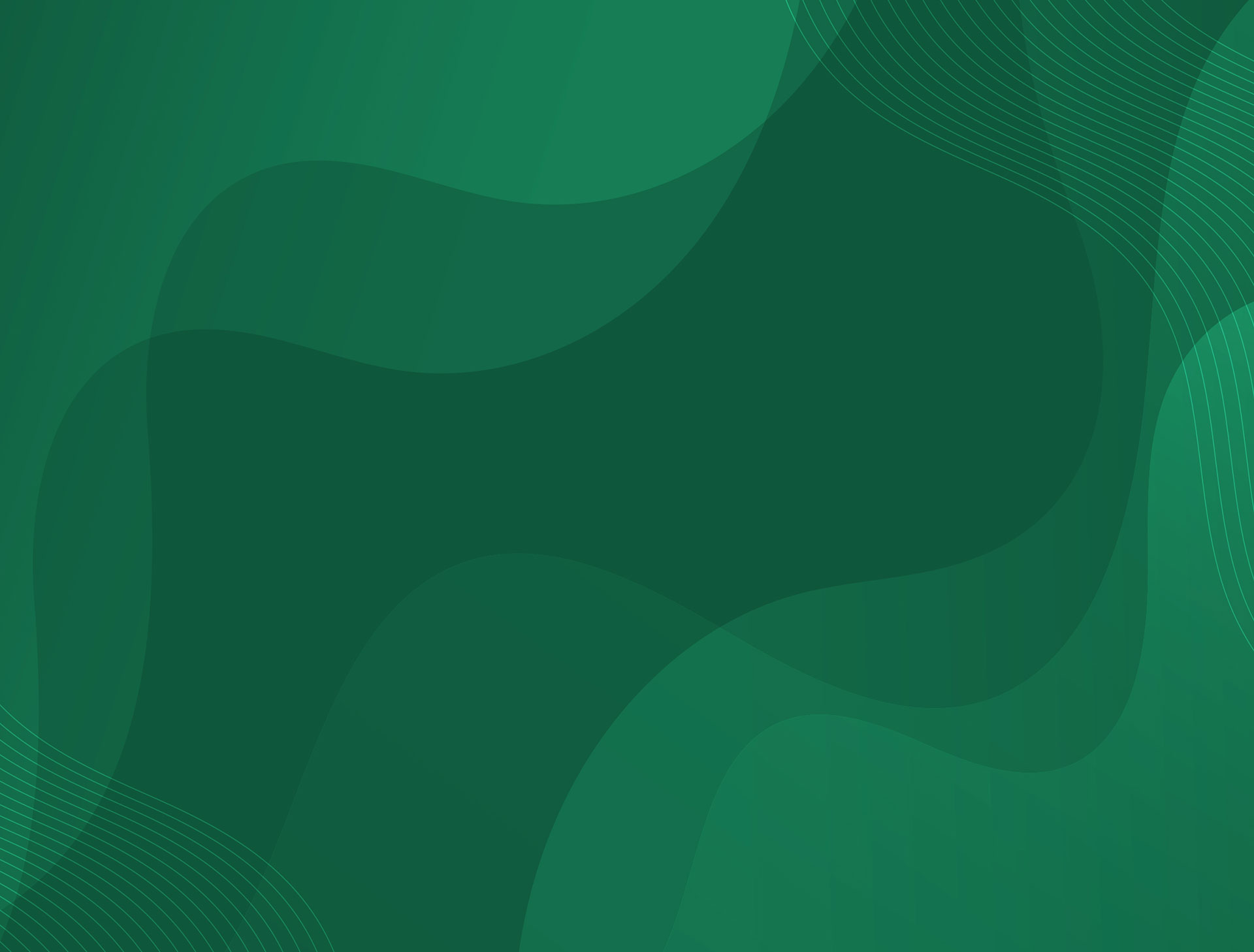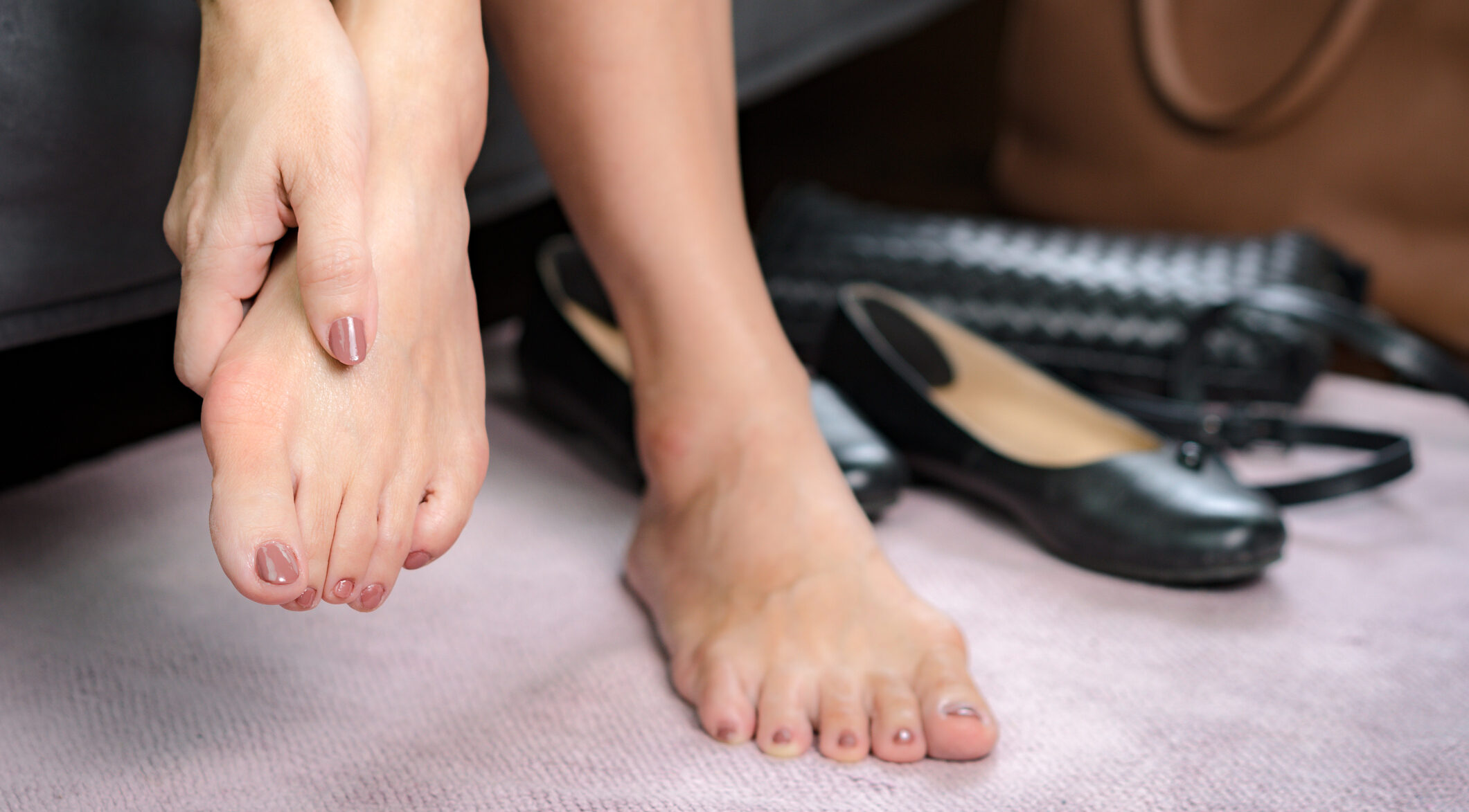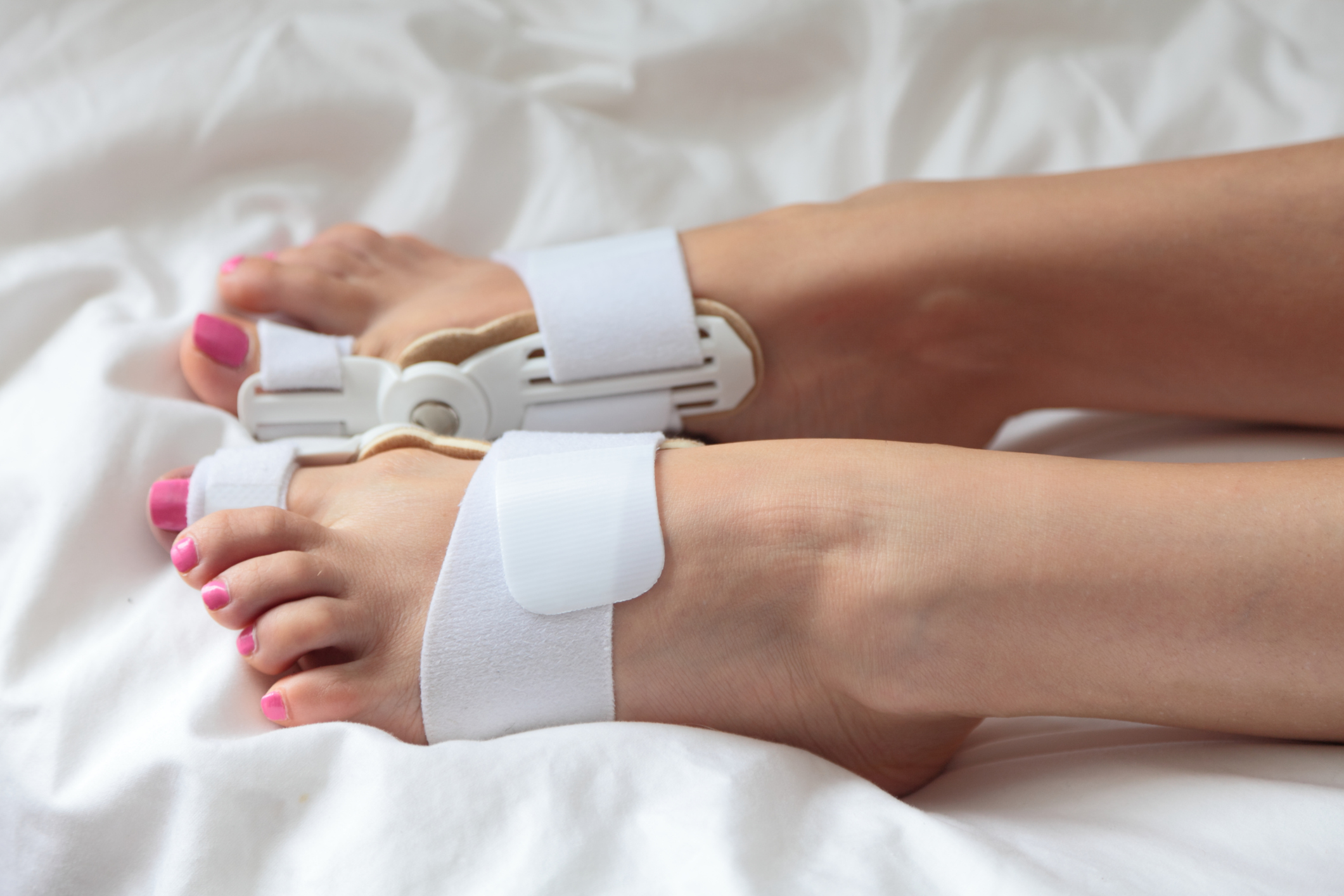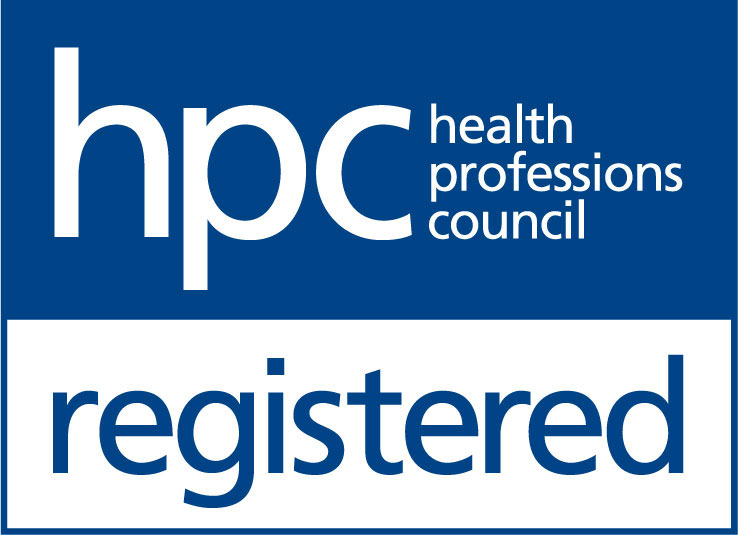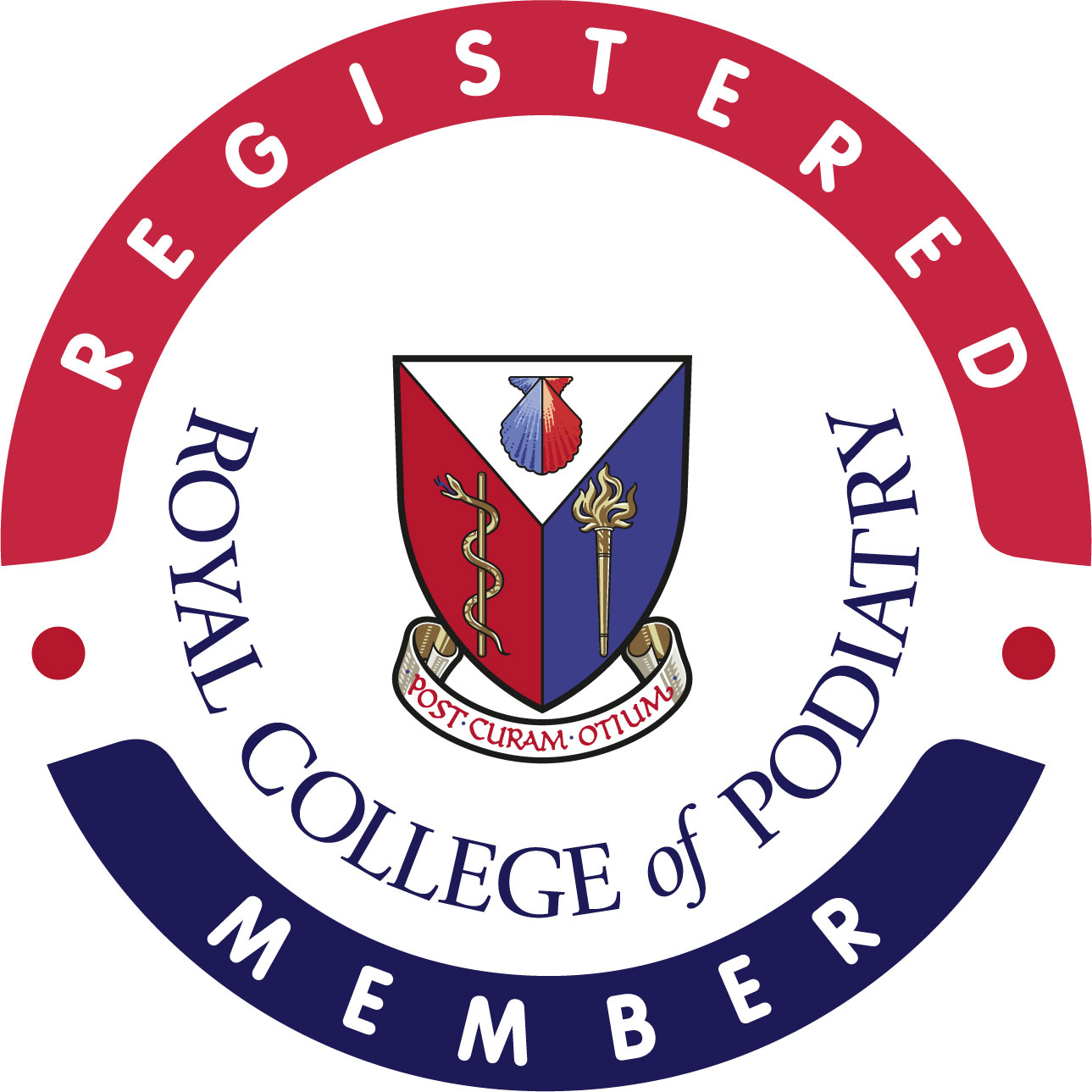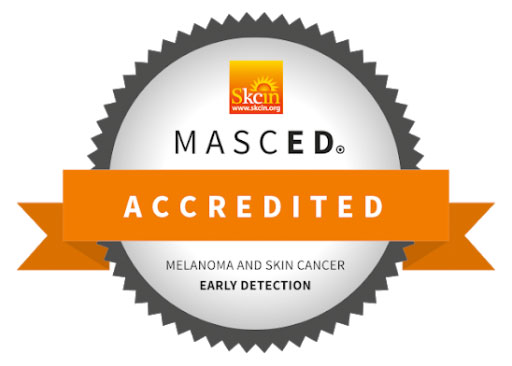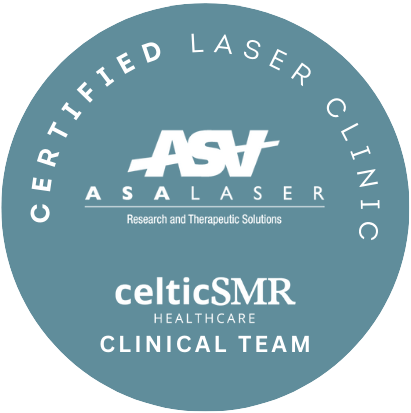Relieve pain and discomfort caused by bunions
A bunion, also known as Hallux Valgus, is a deformity that affects the big toe joint. In this condition, the big toe excessively deviates towards the second toe, causing a bony lump on the side of the foot. When the big toe is no longer straight, and is leaning towards the second toe, it causes the remaining toes to also become deformed. Depending on the position of the joints, the toe can become hammered or clawed in nature.
Book an appointment


